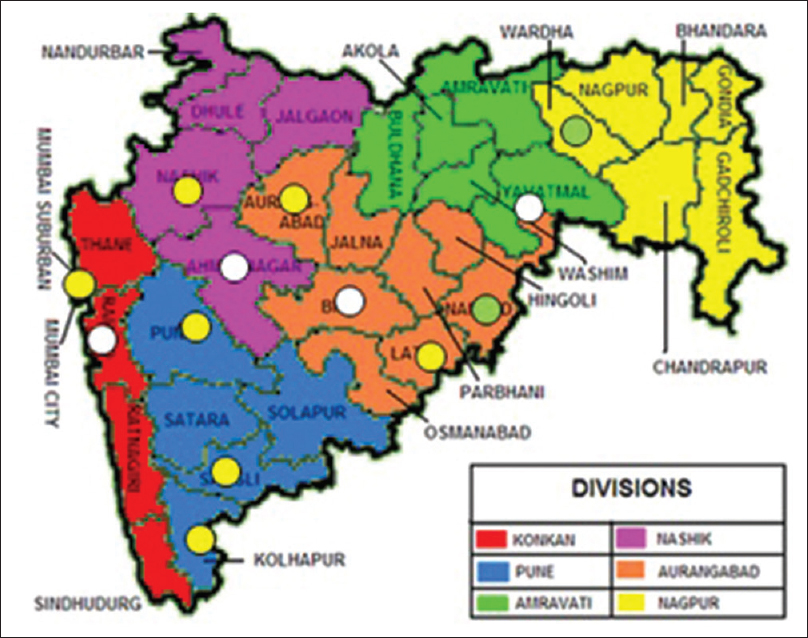Translate this page into:
Outreach activities for kidney diseases in children
This is an open access article distributed under the terms of the Creative Commons Attribution-NonCommercial-ShareAlike 3.0 License, which allows others to remix, tweak, and build upon the work non-commercially, as long as the author is credited and the new creations are licensed under the identical terms.
This article was originally published by Medknow Publications & Media Pvt Ltd and was migrated to Scientific Scholar after the change of Publisher.
Sir,
We read with interest the articles “Averting the legacy of kidney disease: Focus on childhood” by Ingelfinger et al. and “Kidneys-kindergarten to graduation” by Iyengar published on the eve of World Kidney Day, in the February issue of the Indian Journal of Nephrology.[12] We agree that the call to leave our ivory towers and initiate outreach activities for early diagnosis and treatment does not come a day too soon.
Maharashtra has a child population of approximately 40–50 million, 55% of whom stay in the rural areas.[3] As pointed out, there are vast disparities in the level of care and the outcome of kidney disease across regions. We have just 16 pediatric nephrologists in the state; hence, appropriate delivery of pediatric nephrology care can only happen with the active participation of well informed and skilled pediatricians.
With this aim in mind, a small group of pediatric nephrologists in the state has joined hands to form a not-for-profit organization called the “Kidney Foundation for Children.” Our goal is that every child with renal disease gets the right care at the right time in the right manner. We hope to achieve this by empowering pediatricians so that the children they serve are benefited through their enhanced awareness and capabilities.
To share our knowledge and skills, we conduct programs of continuing medical education (CMEs) in pediatric nephrology in the interiors of the state to be able to reach practicing pediatricians and pediatricians in training who seldom get an opportunity to attend pediatric nephrology CMEs held in the bigger cities. We focus on three important areas where pediatricians can play a large role in preventing renal damage and the associated morbidity and mortality, i.e., urinary tract infections, acute kidney injury, and early detection of chronic kidney disease. Each 1-day program includes lectures, case-based discussions, and a peritoneal dialysis (PD) workshop called “PD for PDiatricians.” The workshop includes a PD procedure video, hands-on practice on mannequins, and case-based discussions on trouble shooting.
We started this program in 2013 and have so far conducted it in 12 districts of Maharashtra [Figure 1]. This program is being supported by the International Pediatric Nephrology Association from this year onward. We hope to cover all 28 districts of Maharashtra by 2017 and to extend this program to the other states and neighboring countries in the long term.

- Map of Maharashtra showing districts covered by the outreach activities
Financial support and sponsorship
Nil.
Conflicts of interest
There are no conflicts of interest.
References
- World Kidney Day Steering Committee. Averting the legacy of kidney disease: Focus on childhood. Indian J Nephrol. 2016;26:71-6.
- [Google Scholar]
- 2011. Maharashtra Population Census Data. Available from: http://www.census2011.co.in/census/state/maharashtra.html






